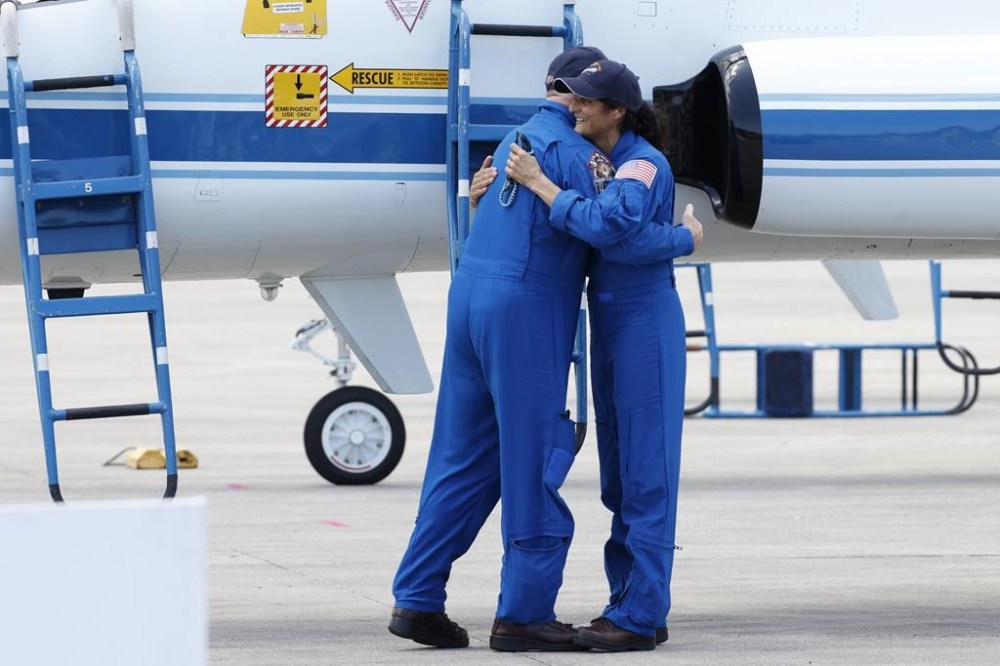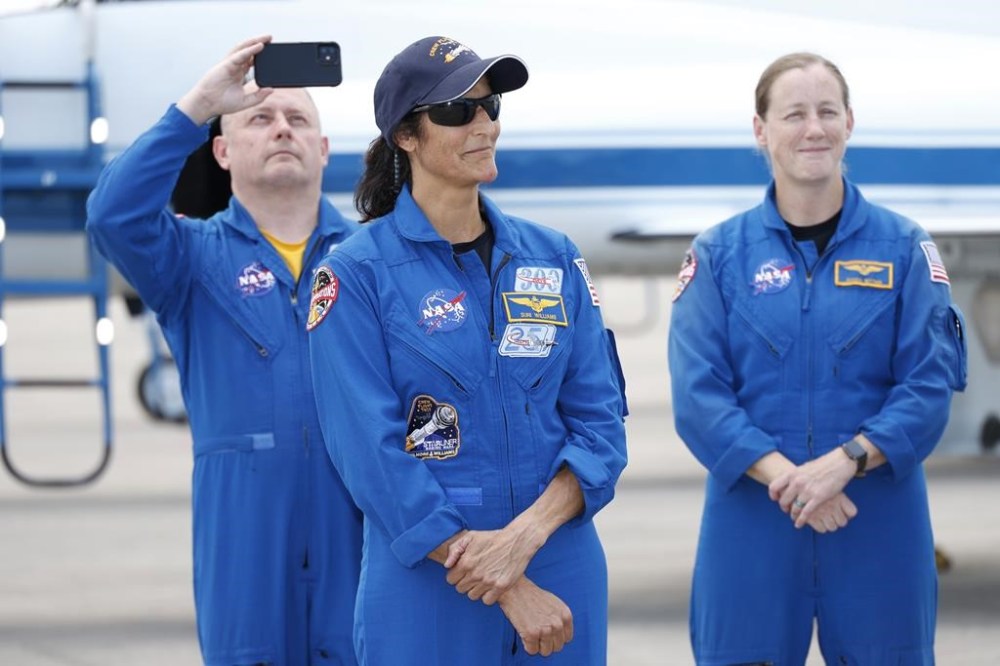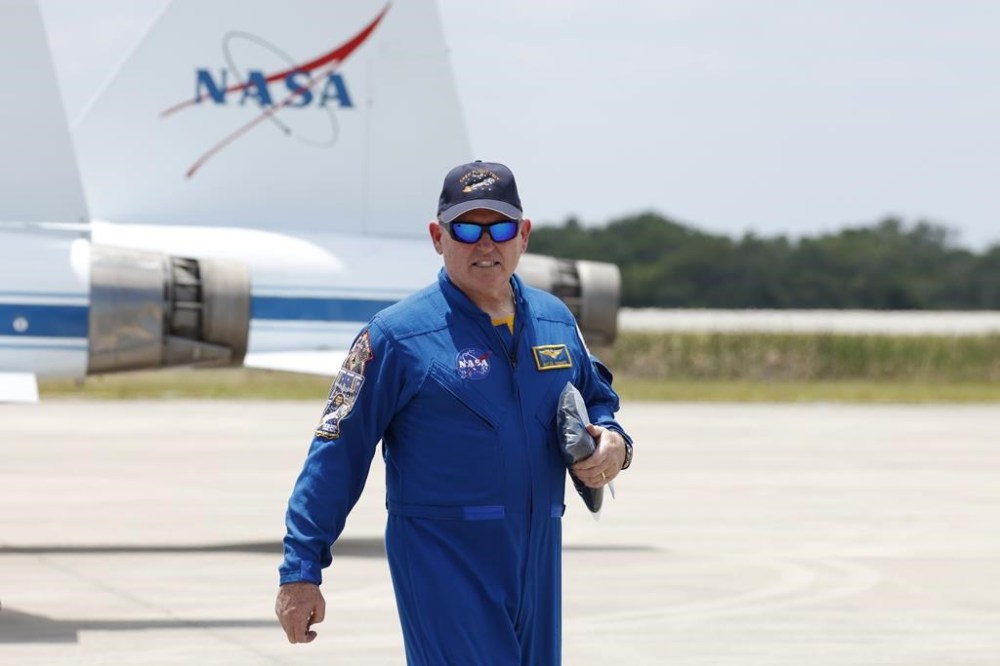NASA astronauts arrive for Boeing’s first human spaceflight
Advertisement
Read this article for free:
or
Already have an account? Log in here »
To continue reading, please subscribe:
Monthly Digital Subscription
$0 for the first 4 weeks*
- Enjoy unlimited reading on winnipegfreepress.com
- Read the E-Edition, our digital replica newspaper
- Access News Break, our award-winning app
- Play interactive puzzles
*No charge for 4 weeks then price increases to the regular rate of $19.00 plus GST every four weeks. Offer available to new and qualified returning subscribers only. Cancel any time.
Monthly Digital Subscription
$4.75/week*
- Enjoy unlimited reading on winnipegfreepress.com
- Read the E-Edition, our digital replica newspaper
- Access News Break, our award-winning app
- Play interactive puzzles
*Billed as $19 plus GST every four weeks. Cancel any time.
To continue reading, please subscribe:
Add Free Press access to your Brandon Sun subscription for only an additional
$1 for the first 4 weeks*
*Your next subscription payment will increase by $1.00 and you will be charged $16.99 plus GST for four weeks. After four weeks, your payment will increase to $23.99 plus GST every four weeks.
Read unlimited articles for free today:
or
Already have an account? Log in here »
Hey there, time traveller!
This article was published 25/04/2024 (570 days ago), so information in it may no longer be current.
CAPE CANAVERAL, Fla. (AP) — The two NASA astronauts assigned to Boeing’s first human spaceflight arrived at their launch site Thursday, just over a week before their scheduled liftoff.
Butch Wilmore and Suni Williams will serve as test pilots for Boeing’s Starliner capsule, which is making its debut with crew after years of delay. They flew from Houston into Kennedy Space Center on Thursday.
Due to blast off May 6 atop an Atlas rocket, the Starliner will fly to the International Space Station for a weeklong shakedown cruise. Boeing is trying to catch up to SpaceX, which has been launching astronauts for NASA since 2020.

No one was aboard Boeing’s two previous Starliner test flights. The first, in 2019, didn’t make it to the space station because of software and other problems. Boeing repeated the demo in 2022. More recently, the capsule was plagued by parachute issues and flammable tape that had to be removed.
Wilmore stressed this is a test flight meant to uncover anything amiss.
“Do we expect it to go perfectly? This is the first human flight of the spacecraft,” he told reporters. “I’m sure we’ll find things out. That’s why we do this.”
NASA hired SpaceX and Boeing a decade ago, paying billions of dollars for the companies to ferry astronauts to and from the space station. The space agency is still keen on having capsules from two competing companies for its astronauts, even with the space station winding down by 2030.
“That’s vitally important,” Wilmore noted.

Wilmore and Williams will be the first astronauts to ride an Atlas rocket since NASA’s Project Mercury in the early 1960s.
___
The Associated Press Health and Science Department receives support from the Howard Hughes Medical Institute’s Science and Educational Media Group. The AP is solely responsible for all content.


